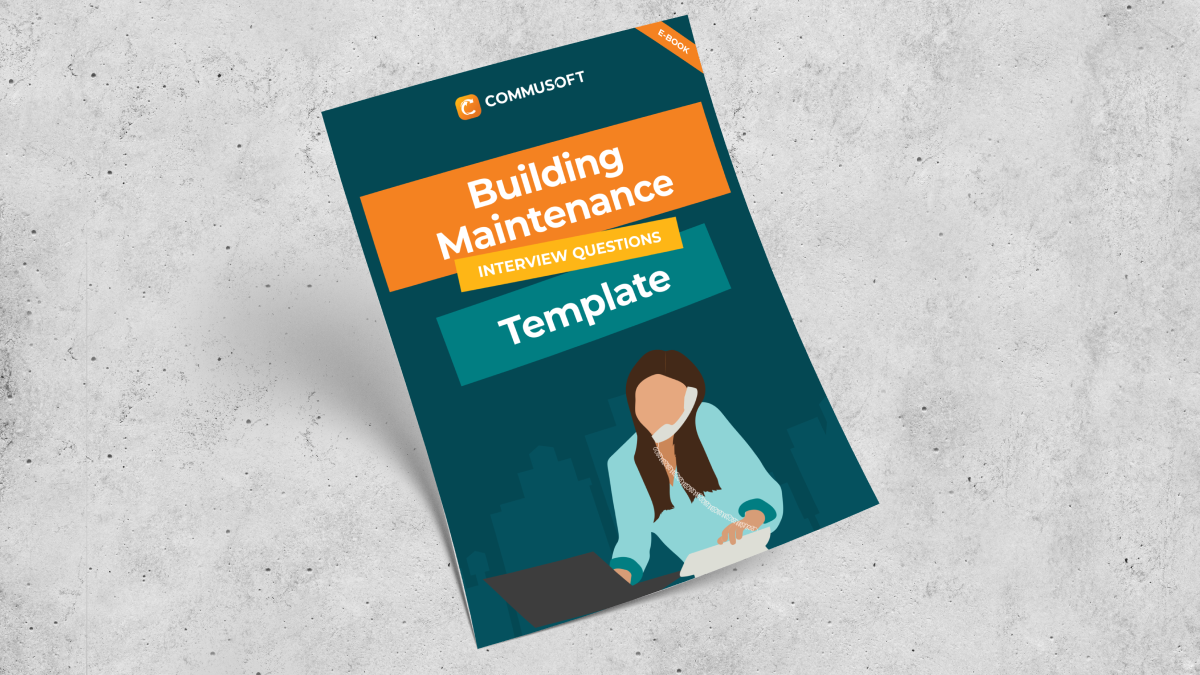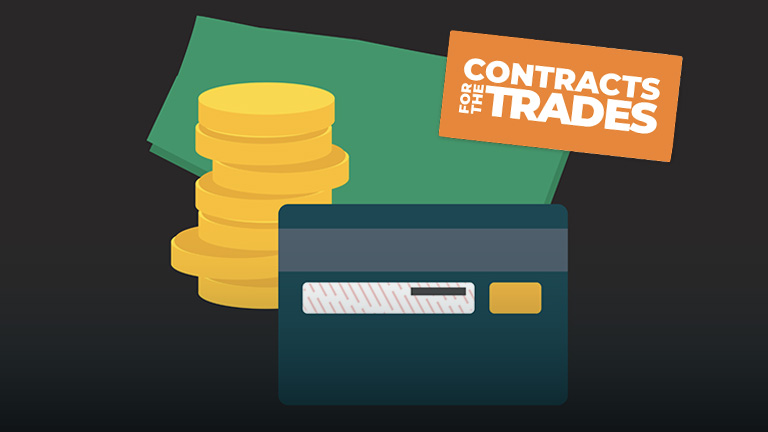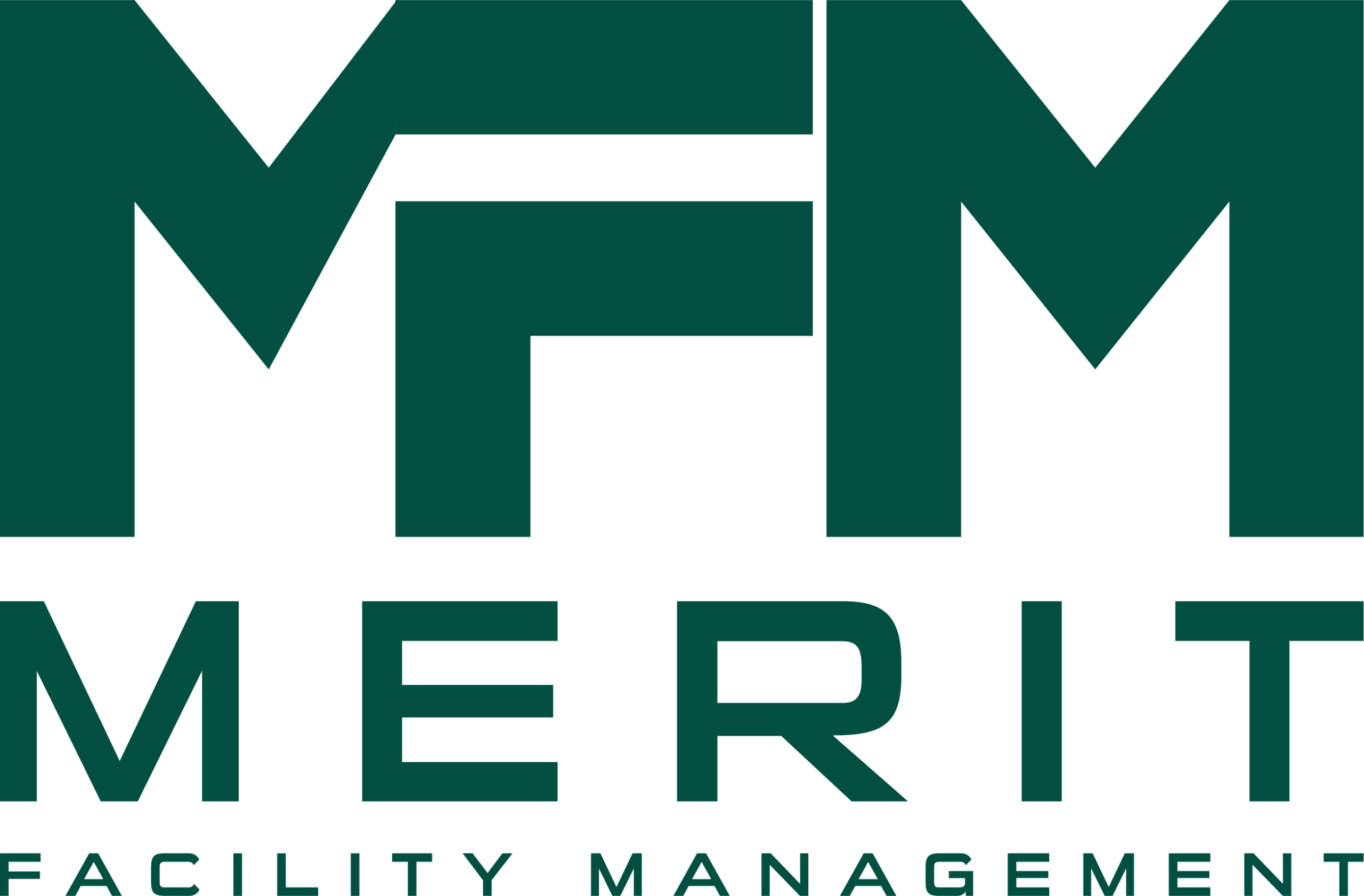Integrating Instant Bank Pay Into Your Maintenance Business
March 27, 2024 | Read: 5 minutes

Traditional methods of receiving payments, like cash or checks, have remained popular, especially for one-off payments, where cash was preferable for many businesses.
However, today, these methods aren’t up to par when faster, more reliable, and more secure methods are available, like Instant Bank Pay.

The world has changed significantly. Convenience is king and for young and older generations alike, no one wants to be counting out cash for every small job.
After all, mistakes are more likely and it’s a time-consuming task, even if you do use counting machines to help.
However, with tools like instant bank pay, you can avoid the physical act of banking cash, reduce the risk of fraud, and remove bottlenecks that otherwise hinder cash flow and productivity.
Let’s explore more about this feature and how it can help your field service business…

What is Instant Bank Pay?
Simply put, instant bank pay allows customers to pay directly from their bank account to your business account, bypassing the need for credit or debit cards.
This fully secure and direct method utilizes a third-party payment provider who facilitates the connection between your business and your customer’s bank.
The Benefits of Instant Bank Pay
There are a handful of advantages to integrating instant bank pay into your maintenance business. Here are some key benefits:
- Faster Payments: Unlike traditional checks or bank transfers that can take days to approve, instant bank pay is an immediate transfer and confirmation of funds, helping to improve your cash flow.
- Reduced Costs: This features often comes with lower processing fees than credit card transactions. This translates to increased profit margins for your business. Every penny counts and the small costs from fees can add up.
- Improved Customer Experience: Customers appreciate the convenience and security of online payments. It allows them to settle invoices quickly and efficiently, improving their overall experience with your company.
- Reduced Risk of Fraud: Instant bank pay leverages state-of-the art login protocols, minimizing the risk of fraudulent credit card transactions.
- Simplified Record Keeping: Instant bank pay transactions provide clear digital records, simplifying your bookkeeping and reconciliation process.
- Increased Customer Base: By offering a wider range of payment options, you can grow your customer base and attract those who prefer instantaneous methods of tracking their funds.
How to Set Up and Use Instant Bank Pay
If you already have software to help manage your operations, having an instant bank pay provider that can easily integrate with your technology will make the transition seamless.
The option to use it can be presented to a customer when you send the invoice. With the right software, you can include a link or QR code on your invoices so that customers can easily make an instant bank payment. It’s something you could consider adding to a standard invoice template, for example.
If the customer chooses to use instant bank pay, they’ll be redirected to a payment portal that allows them to log in to their account safely.
Once they submit and complete the payment, funds will be transferred immediately and both parties will receive confirmation of the successful transaction.
Expanding Your Payment Options
Offering instant bank pay alongside traditional methods like cash or check provides flexibility for your customers.
They’ll appreciate the options and it will reflect in your online reviews!
Consider these two additional options to further enhance your payment system:
- Credit Card Processing: While digital methods offers benefits, some customers may still prefer the convenience of credit cards. Evaluate the fees associated with credit card processing and choose a provider with competitive rates.
- Mobile Payment Solutions: Explore integrating mobile wallets like Apple Pay or Google Pay. These solutions allow customers to pay with a simple tap on their smartphone, further streamlining transactions.
Coming Soon: Commusoft + GoCardless & Instant Bank Pay
Coming soon, Commusoft and GoCardless will expand our already powerful combination (currently helping you control your recurring billing payments) with Instant Bank Pay.
To explore more of what this means, take a look at our video, interviewing Pat Phelan at GoCardless, who explains more about this essential tool.
Watch the video, or listen to the full podcast!
Benefits includes:
Seamless Integration
This integration will allow you to create invoices within Commusoft and offers instant bank pay as a convenient payment option for your customers.
Streamlined Workflow
Once a customer chooses instant bank pay and confirms the payment, you automatically receives a notification and the software updates the job status to reflect receipt of payment.
This eliminates manual data entry, and will free up time for your office team and streamline your workflows.
Improved Communication
Customers will always appreciate transparency when it comes time to send their payment. Answering any questions they have and making sure they’re comfortable with the process will reflect positively on your local reputation.
Real-time Reporting
We also provide real-time financial reports, allowing you to track your income from any source.
With solutions like these embedded into your job management system, your field service business can run smoother, faster, and more efficiently!

Anthony Vattimo
Thanks for checking out the Commusoft blog - I’ve been helping business owners improve their strategies for a few years now, so I hope you were able to take something away from the content I’ve written. Feel free to continue exploring the blog - or reach out to us with any questions!








